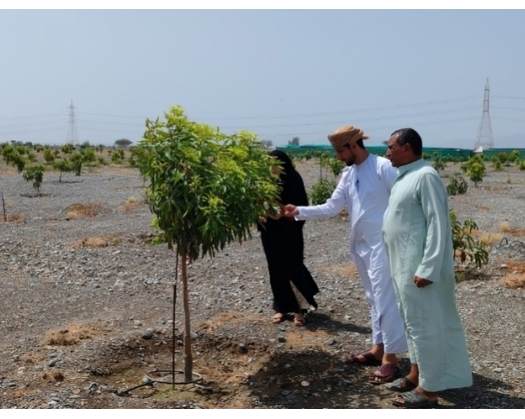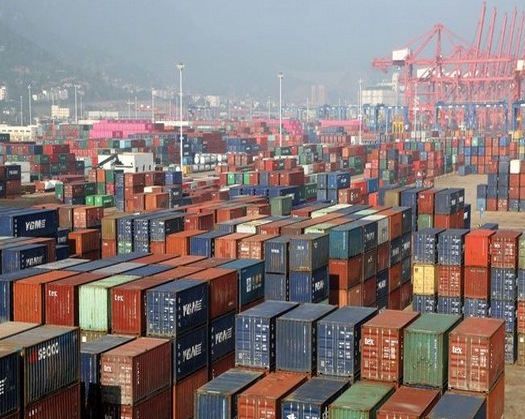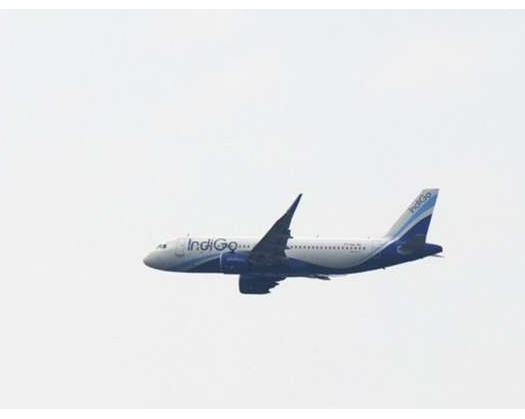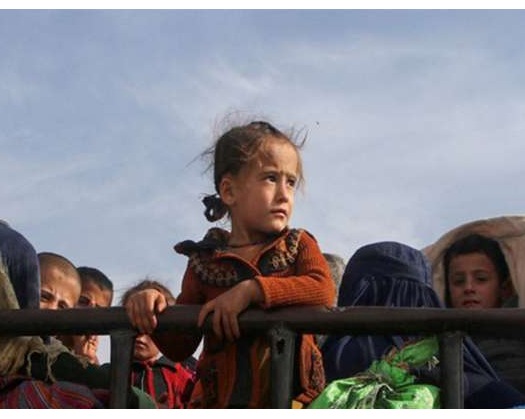Barka: Mango cultivation and production projects in the wilayats of Barka and Al Musanaah in South Al Batinah Governorate are important activities that promote food security, boost domestic output, create potential investment opportunities, and reduce dependence on imports.
These initiatives also have the potential to be exported to other nations, increasing the competitiveness of Omani products in regional and global markets.
Over 80 food security initiatives are now underway in the governorate. Their products differ, and they cover large areas across the governorate's wilayats.
The Directorate General of Agriculture, Fisheries, and Water Resources in South Al Batinah Governorate monitors and follows up on the projects on a regular basis. This is to address any hurdles and difficulties that may arise during the implementation phases, as well as to verify that work proceeds according to schedule.
These initiatives plan to plant over 35,000 mango saplings of various types on a 373-acre plot in the wilayats of Barka and Al Musanaah. To ensure maximum success, the planting will be done in distinct phases. The anticipated output capacity after the project is finished and commercial operations begin is 3,382 tonnes per year.
Eng. Amer Humood Al Shebli, Director General of Agriculture, Fisheries, and Water Resources in the South Al Batinah Governorate, stated: The mango projects in Barka and Al Musanaah are part of the Ministry's goal to diversify agricultural output and strengthen the national food security system. This is accomplished via the use of natural resources, the implementation of modern farming techniques that promote sustainable and high-quality production, and the most effective use of existing resources.
He also stated that the Ministry is seeking to broaden the distribution of new mango types known for their great quality and exceptional output in the next phase. It will also focus on research and development initiatives to improve productivity and efficiency of farmers and workers in this sector via continuous training.
To ensure the long-term sustainability and viability of these initiatives, the Ministry places a high value on establishing various marketing methods, both in local markets and through agricultural exhibitions and events.









